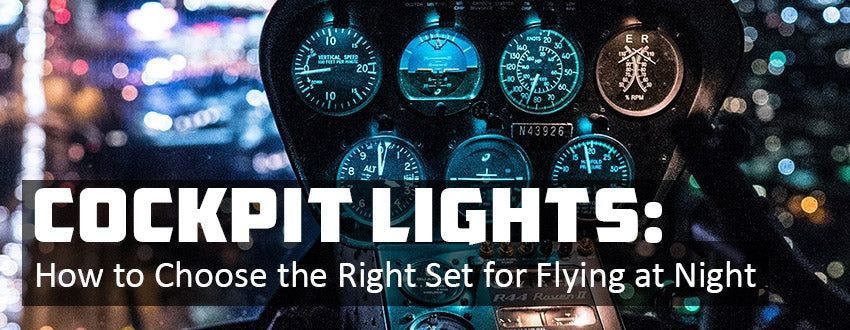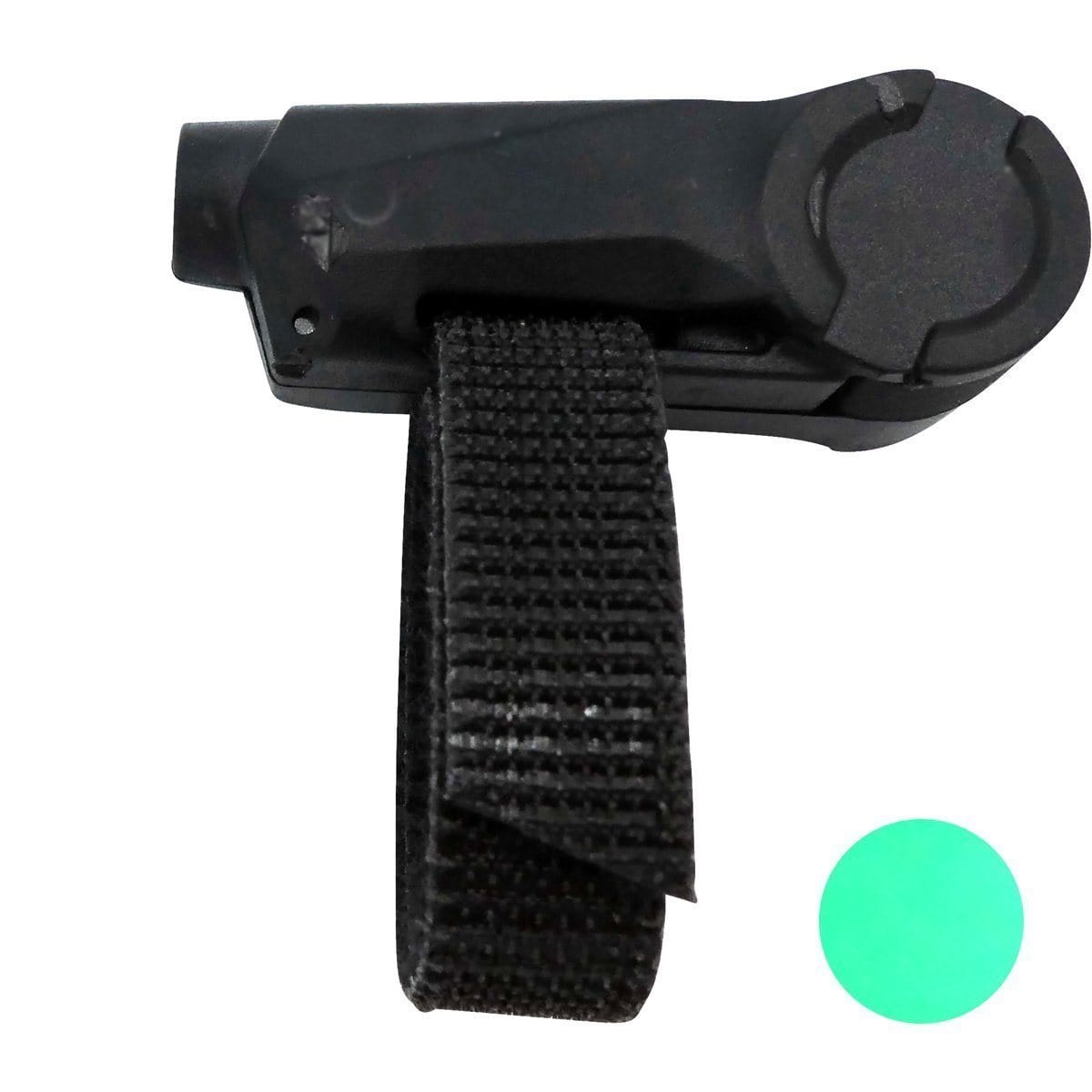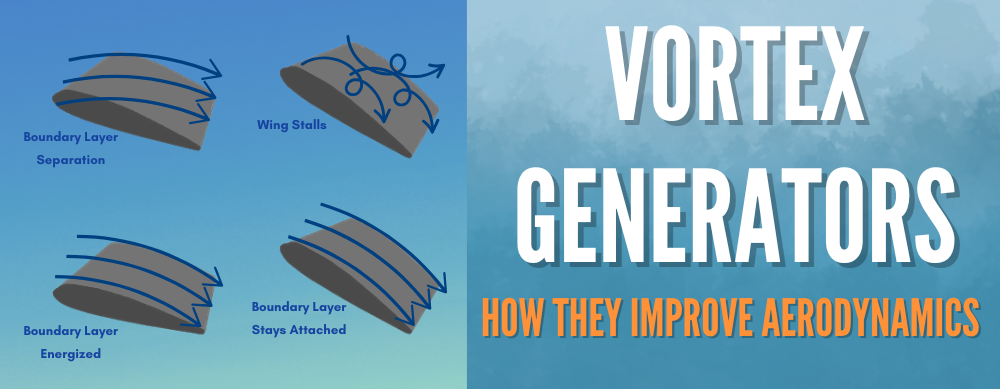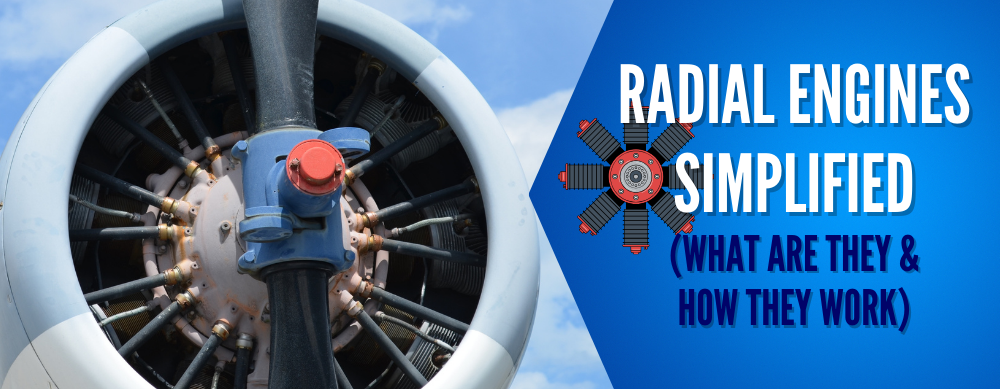As the sun descends below the horizon, the night sky comes to life. The darkness below reveals a vibrant universe above, complete with a tapestry of stars and moonlight to guide the way.
Yet as beautiful as it may be on the outside, inside the cockpit is where the true magic happens. A meticulously designed canvas of glowing lights illuminates the path for pilots and passengers alike, creating a sense of wonder and amazement.
Read along as we explore the details of cockpit lighting for night flights, where science and technology meet the awe-inspiring beauty of the nocturnal skies.
 Instrument Lighting
Instrument Lighting
During a night flight, you will want a reliable and consistent way to illuminate your instrument panel. While newer aircraft will come with pre lit instruments, there are plenty of ways you can upgrade your existing instrument lights.
Here are the most popular options:
Post Lighting
One of the more entry level ways of illuminating traditional instrument panels is with post lighting. This type of lighting consists of small lights embedded in raised posts. A hood at the top of the post directs the light down and onto the instrument panel.
The base of the post light is identical to that of an instrument mounting screw, so it can pull double duty and hold your instrument in place while simultaneously illuminating it. Expect each post light to effectively illuminate up a 3-4” area.
A potential drawback of post lights is the maze of wiring that will need to be run along the underside of the panel. As this type of lighting system ages, all that wiring has been known to become a source of intermittency and require troubleshooting.
Lighting Tray
Instrument face lighting like a lighting tray offers a means to simulate the look of newer internally illuminated instruments without having to pay to replace your existing traditional instrument panels. Lighting trays are fitted on top of the instrument bezel and they shine light down onto the display.
Be aware that you may experience some parallax issues with this type of lighting. You may also notice that depending on the instrument position relative to you, the light can stream out the front of the glass and into your eyes rather than staying in the panel.
Lighting Wedge
A lighting wedge consists of a full instrument bezel with built in lights installed all along the interior of the bezel. The wedge can be used with the existing instrument bezel and is designed to work with either a plastic overlay panel or a flat metal panel configuration.
The advantage of the lighting wedge is that it provides uniform instrument lighting that isn’t prone to the parallax effect or light pollution challenges that come with the lighting tray approach.
Edge Lit Panels and Custom Overlay
The most advanced upgrade is an edge lit panel or custom plastic overlay that replaces your original overlay. This new overlay contains embedded lighting around the instrument gauge cutouts. It also modernizes the appearance of your cockpit.
As with the lighting wedge option, you get a full 360° illumination without parallax or light bleed over. The added bonus of the overlay is that one overlay panel will illuminate multiple instruments. You don’t have to purchase a separate product for each instrument.
The panel can also be laser etched with placarding or other text, so you won’t need to relabel any of the controls. Finally, with this lighting choice, you aren’t modifying the instrument itself, so it is still considered to be in OEM condition and is serviceable by any OEM approved facility.
Other Night Flight Lights
In additional to dedicated panel lights, you will also need lighting options that meet your other cockpit illumination and viewing needs. Consider how you plan to view any paper charts or printouts. How will you see inside your flight bag? What is your backup illumination strategy if for some reason your panel lighting system goes out?
It is a good idea to have several redundant systems in place so that you know you won’t literally get caught in the dark. Consider both hands-free and handheld options.
Flashlights
A sturdy flashlight is an easy portable backup light to keep on your person and in your flight bag. It’s also a great idea to keep a dedicated flashlight mounted in an easy to reach position within the cockpit. Flashlights range in size from super tiny pen sized options to larger versions that can even be worn on your side in a holster.
When shopping for flashlights, look for a light that has both white and red light modes so you have the option to preserve your night vision by using the red light. You may also find models that offer varying intensities of light (measured in lumens).
Headlamps
Your flashlight will get you by for quick illumination needs, but what about situations when you need light while also keeping both hands free? Rather than trying to juggle the flashlight, wedging it between your ear and shoulder, or stuffing it in your mouth, simply add a headlamp to your night flying gear.
A headlamp is great for night flights because you can put it on during pre-flight and wear it throughout the entire flight. Any time you need a light, you can just reach up and tap the button.
There are many headlamp options to choose from. For maximum usefulness, look for a headlamp that has both white and red light functions. The most advanced headlamps will offer multiple modes, often with bright white, dim white and red functionality. You may also see high and low levels of red light illumination.
The lamp should be mounted on a soft, comfortable, adjustable headband that you can wear throughout your flight. You will want to be able to adjust the orientation of the light, so confirm that it has a pivoting attachment point.
Like flashlights, most headlamps are battery powered, so check the battery type and carry plenty of spares in your flight bag and cockpit.
Takeaways
Cockpit lighting is a very important safety consideration for night flights. You have many options for both panel lighting and portable lighting. Do your research and decide which type is the best fit for your aircraft, your needs and your budget.
Above all, choose the option that will provide you the visibility you need to safely and effectively pilot at night. For a look at the rundown of panel lighting options, check out AVweb’s video feature on Improving Your Cockpit Lighting.
Want to learn more about night driving?
These guides are intended to enable student pilots to gain the qualifications necessary to become professional pilots, as well as help private pilots review and refresh their skills.
Did you find this article helpful?
Do you think we missed anything important? Let us know in the comments below!







